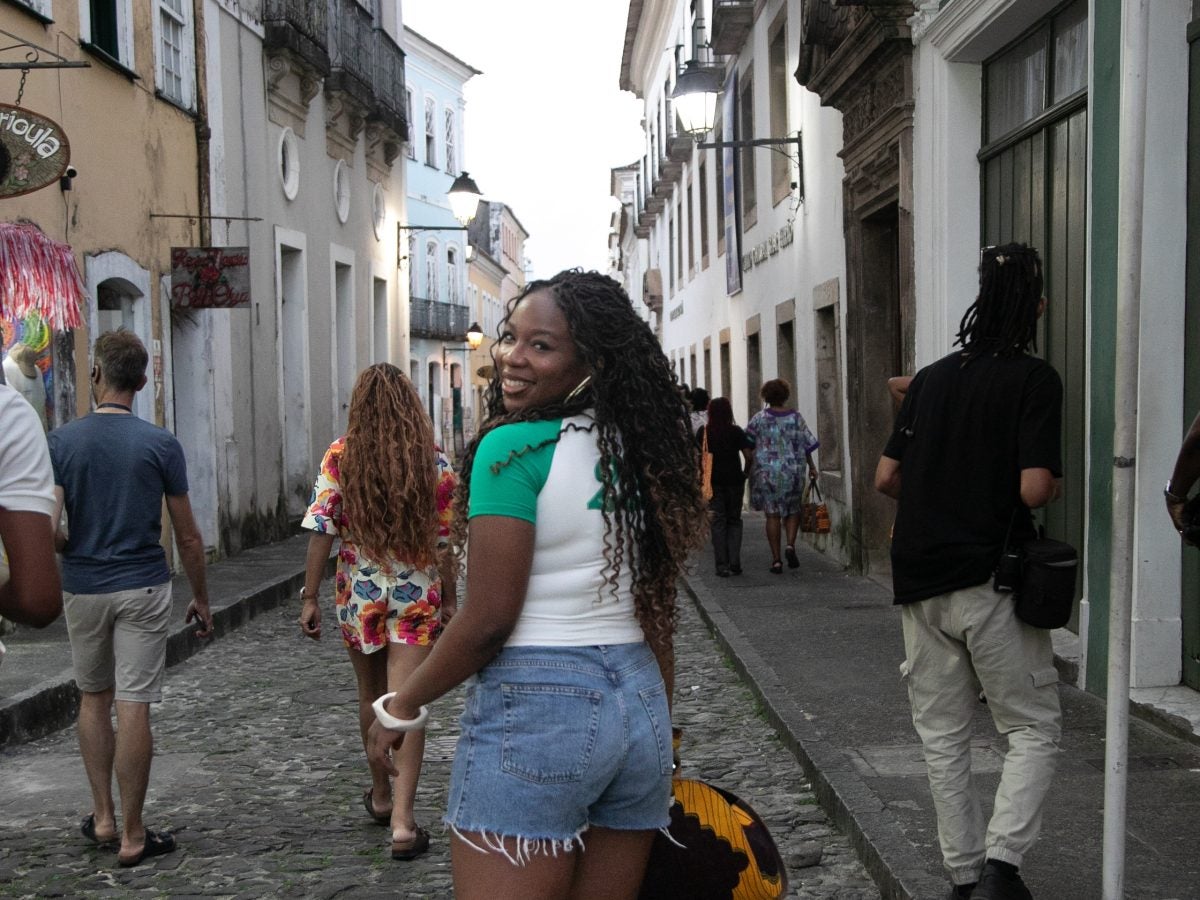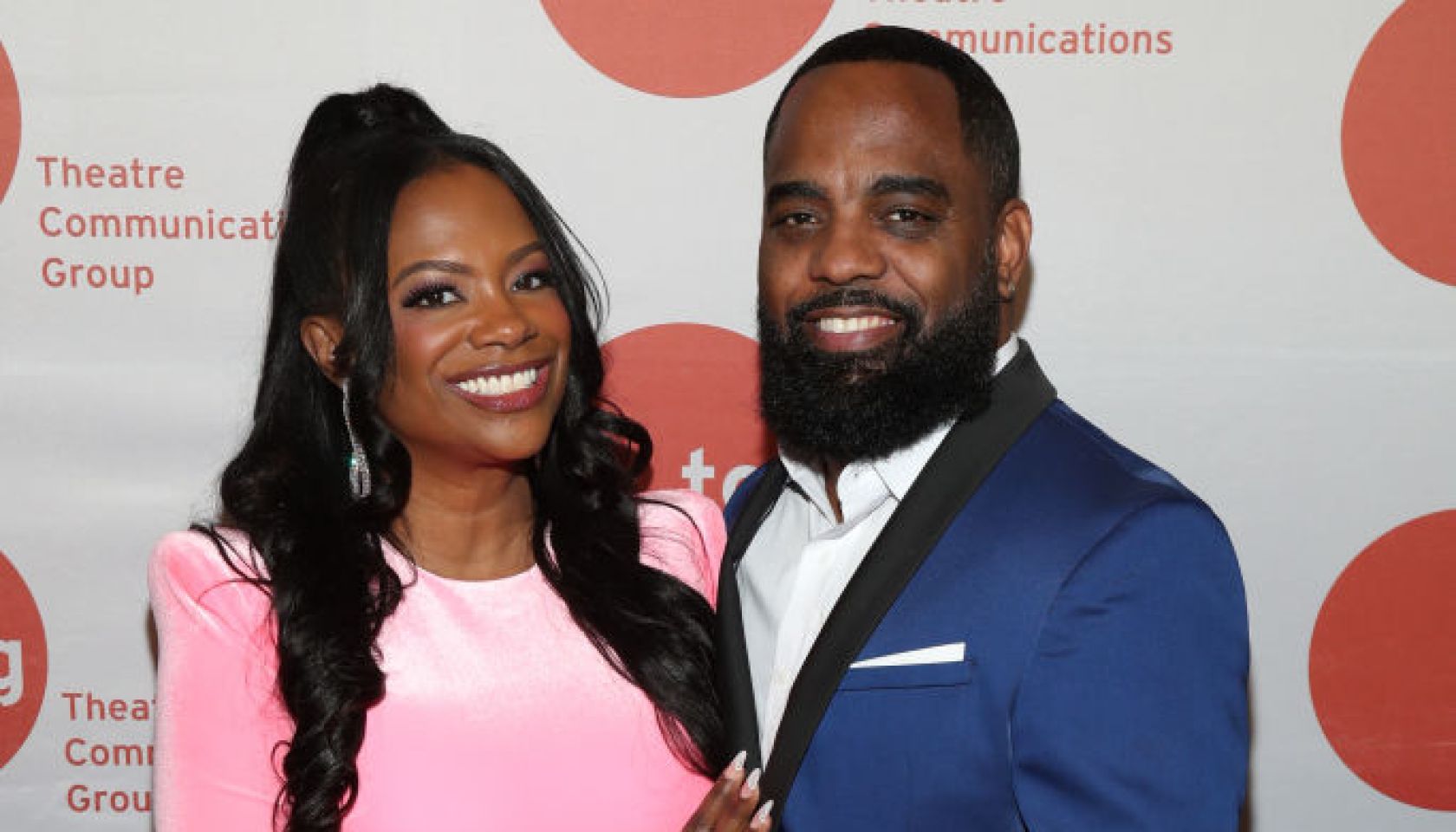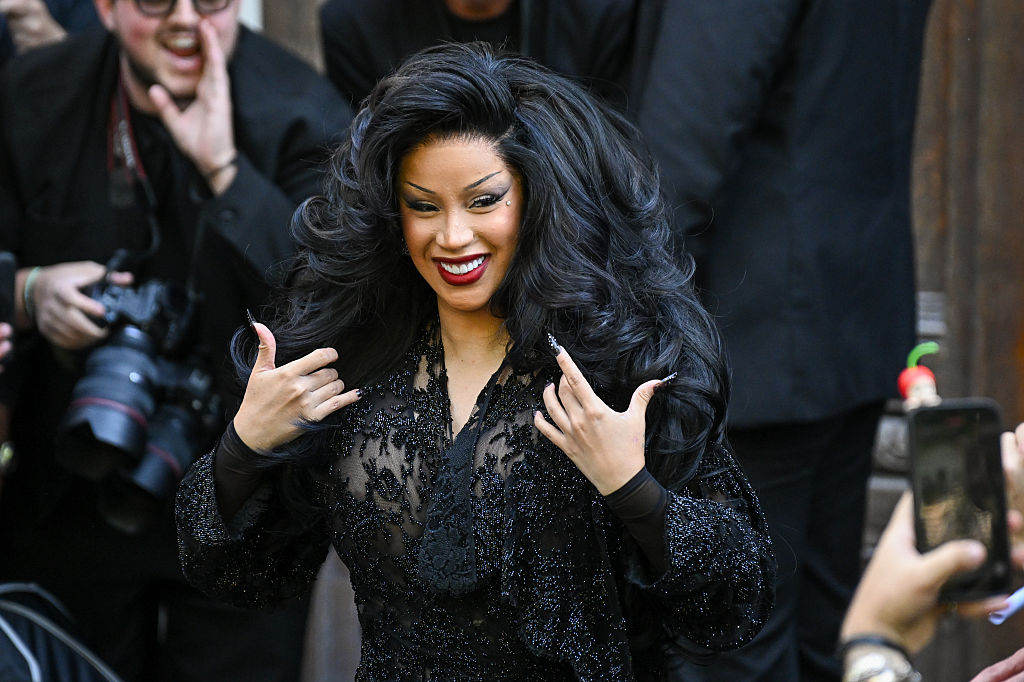Frejon? Fray John? The name sounded odd to my six-year-old ears. It didn’t quite possess the same melody as the spicy Yoruba soups I saw the adults pair with pounded yam, nor did it have the casual charm of the sandwich names at the American diner we visited after Sunday mass. Yet, every Good Friday, as Catholics around the world prayed and fasted, my grandma would carefully prepare this dish. A mixture of beans, coconut milk, and fish, its distinct scent mingling with the smoke of incense, would drift through our Ikeja home in Lagos. It was a reminder that in two days, we’d celebrate, but today was sacred.
“Grandma, where is frejon from?” I asked, with the curiosity of a child eager to learn about a distant relative. That’s when I learned that frejon had traveled to Lagos, Nigeria from Bahia in Brazil. Over the course of the transatlantic slave trade, around 4 million Africans were captured and enslaved in Brazil, most from present-day Angola and many of Yoruba descent, an ethnic group that now spans parts of Nigeria, Benin, and Togo. On May 13, 1888, Brazil became the last country in the Western hemisphere to abolish the slave trade, after which thousands of formerly enslaved Africans crossed the same waters that had once torn them from home, this time to begin anew in Lagos. Easily identifiable by their Portuguese surnames, the Afro-Brazilian population of Lagos, referred to as “Aguda,” has left an enduring legacy on the city that raised me. Along with dishes like frejon and mingau, they brought a unique architectural style and lively carnaval celebrations that still color the streets of Lagos Island’s Brazilian Quarters.
Two(ish) decades and an ocean away from that conversation with my grandma, I sat at a beach in Salvador de Bahia, Brazil. This time, the smell of acarajé mingled with the sea breeze. I had just arrived in the city that had morphed into folklore for me after years of research, eager to see if their version of the bean cake, which I knew as akara, had withstood the centuries of slavery, colonization, and globalization that followed its arrival in Brazil. To my surprise, it tasted just like home. This realization would become a recurring thought throughout my week in Bahia. What was it about Afro-Brazilian culture that allowed for the unadulterated survival of pre-colonial African traditions – food, language, religion, and art – in a way that other communities in the Black diaspora have struggled to attain?
A few days later, I found myself walking through Pelourinho alongside a global group of Black women from B-WEL (Black Women in Executive Leadership). The air was thick with the horrors of its sordid history and the resistance of our ancestors who once stood there. We were on a tour of the city’s old historic center specially curated by Diaspora Black, an Afro-Brazilian-owned company designed to promote Black culture. Our guide Nilzete, a Salvador native, zigzagged through the cobbled streets of Brazil’s first capital, serving up piercing historical facts in between friendly exchanges with community leaders. I learned about Zumbi dos Palmares, the leader of a group of escaped enslaved Africans who fought to defend his people from colonial oppression. Moments later, we met Negra Jhô, a beauty entrepreneur revered for popularizing Afro-Brazilian hairstyles. Taking one look at me, she wrapped me in an embrace as though I had been a long-lost client. Through my interactions, it soon became clear to me that to be Afro-Brazilian is to be in an active relationship with one’s heritage. This palpable connection to the continent wasn’t confined to a distant memory or classroom history—it was intimate; it lived among them.
As dusk made way for the night sky, we arrived at Igreja de Nossa Senhora do Rosário dos Pretos. The ornate catholic church was built in the late 18th century, by and for enslaved Africans, who were excluded from other churches at the time. Amid the sounds of pre-mass rituals, I wandered through dimly lit halls, reading about its storied past and people-watching as familiar congregation characters scurried for seats. Raised Catholic in the world’s most populous Black nation, I was struck by the irony that this was my first time in a church with Black saints. The church firmly stands as a refuge for Black worship, bending the stoic frameworks of Western faith to accommodate traditional African spiritual beliefs. This Afro-Brazilian ingenuity in preserving heritage within colonial constraints is most exemplified by Candomblé, a religion born from Yoruba spirituality. Forbidden from openly worshiping their Orishas, enslaved Africans covertly prayed to these deities by linking them with Catholic saints in a practice known as syncretism. Today, Candomblé practitioners still attend the city’s first Black church, honoring its legacy as a place concerned primarily with the multifaceted nature of Black spirituality.
Later in the week, I returned to the beach to explore samba drumming and dancing. As we traveled down winding roads to the lower city, we passed an open-air market that evoked memories of anxiously tailing my mother through bustling stalls in Lagos. I imagined a similar mother-daughter duo navigating the market scenes here—mother haggling with vendors and daughter growing increasingly impatient. Miles away yet sharing the same rite of passage.
Eventually, we arrived at a whimsical beachfront townhouse and soon settled into a circular formation to receive instructions from Viviam, the leader of an all-woman drumming group called Yaya Muxima. She began leading us through a call-and-response, a tradition that reverberates across the Black diaspora—from Yoruba storytelling to African American spirituals. “Dum dum,” she called, drumstick in her left hand and right stretched ahead, inviting the ensemble of women who stood before her to mimic the sound. The music we created together, she explained, was a manifestation of freedom and a dialogue with the legacy of women who broke through ceilings for us.
As we beat our drums by the sea where ships once docked, I contemplated the women who had broken through ceilings for me. I thought about my grandma, a Yoruba woman whose Saro ancestors returned to Nigeria through Sierra Leone. Reflecting on our own dialogue about frejon, I struck my drum and responded, “Grandma, I guess I’ve finally met our distant relatives.”






